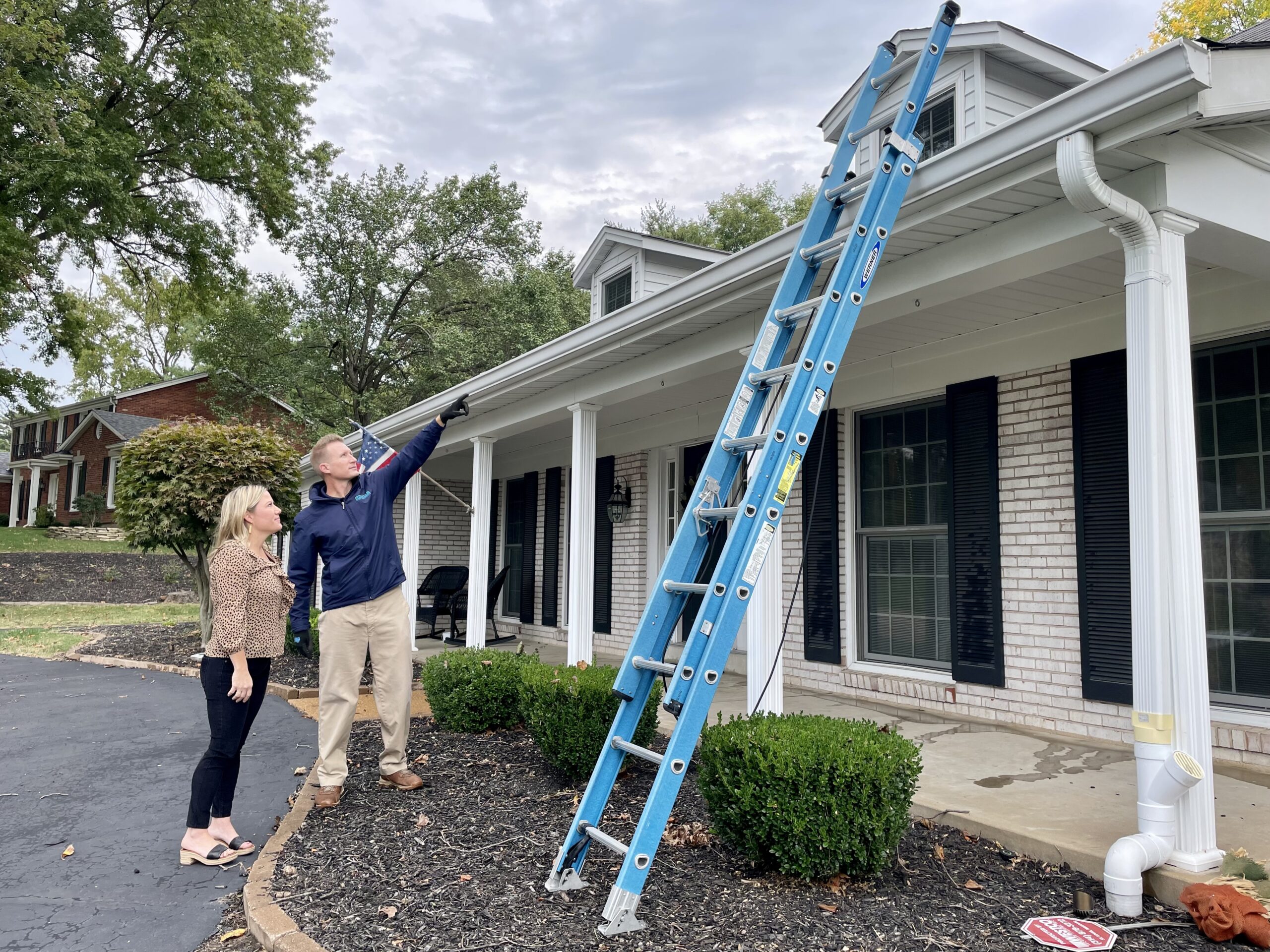Just because the leaves and temperatures are dropping, doesn’t mean pests aren’t attempting to gain access to your home. In some instances, the arrival of fall emboldens certain pest species to enter your living space.
An array of pests from mice to bed bugs remain active all year round. And don’t let the “out of sight, out of mind” mindset fool you. Just because you don’t see pests in your home, doesn’t mean they aren’t there. And so is the threat they present to people, property, and food.
Contrary to belief rodents and other disease-transmitting pests such as cockroaches and flies do not simply die off in the winter. They, along with wasps, hornets, and spiders seek out warm dry attics, crawl spaces, or wall voids during winter waiting for the warmth of spring and summer to return.
This behavior is commonly called overwintering.
What is Overwintering?
The pest control definition of overwintering is how an insect passes the winter season. Many insects overwinter as adults, pupae, or eggs. This can be done inside buildings, under tree bark, or beneath fallen leaves or other plant matter on the ground, among other places.
In this regard, pests mirror human’s behavior and shield themselves from adverse weather conditions associated with winter. Pests overwinter by finding a warm place to call home, in many cases this is your home. Pests will enter structures, mulch, leaves, or soil to protect themselves from the cooler temperatures.
Pests look at your house as their “winter vacation home.” On occasion, they will make themselves known during the overwintering period by venturing out into the living spaces of a house. But most often, they emerge in the springtime when the temperatures begin to rise. This is a big reason there is such an increase in the visibility of pests in and around your home in the springtime. They’ve been there all along; they just may not have been very active.
Common Overwintering Pests
In St. Louis, Kansas City, and mid-Missouri common overwintering pests include:
Stink Bugs – The brown marmorated stink bug, an invasive species from Asia, has quickly spread throughout much of the United States. Most of their lifecycle is spent outdoors, but they become a smelly nuisance when they invade homes in high numbers searching for overwintering sites.
Asian Lady Beetles – Most species of this beetle family pose little threat to humans, but the multi-colored Asian lady beetle can aggravate asthma and cause allergic reactions. They also tend to exude a staining, yellow, foul-smelling fluid.
Boxelder Bugs – Boxelder bugs congregate on warm spots on buildings, like cracks and crevices before migrating indoors to overwinter. Their fecal material can discolor fabric and they occasionally bite when handled, causing slight irritation.
Mice – Although they don’t “overwinter,” mice are active year-round and scurry indoors when the weather cools to nest and be close to food sources. Their incessant gnawing can cause damage. They are also a sanitation issue, contaminating food and defecating on surfaces like counters where food is prepared.
Cluster Flies – Cluster flies make their debut in the autumn when they fly to the sunny sides of homes in search of protected over-wintering sites and may be found flying about inside, often in great numbers, throughout the winter. These flies are not reproducing within the structure but become active on warm days and crawl out of wall voids and attics in a confused attempt to go back outside.
House Crickets – House crickets get their common name from the fact that they often enter houses where they can survive indefinitely. They are drawn to warm, moist environments within structures.
Tips to Prevent Overwintering Pests
Preventing overwintering pests from getting into your home in the first place is your best defense.
- Seal or caulk all cracks and crevices around the foundation, siding, doors, windows, electrical, and plumbing.
- Keep gutters cleaned out. Pests feed and make homes out of the built-up debris.
- Keep a clean home. Vacuum, sweep, mop, and clean up spills that will attract pests to your home.
- Get regularly scheduled pest control. Regular scheduled pest control will prevent bugs from coming in and will make it easier to control any pest problems that arise.
Schedule Your FREE Inspection Today!
Rottler can help keep overwintering pests from gaining access to your home this fall and winter with proven exclusion and control programs. Protect your home by scheduling a free quote, or calling 877-768-8537.


